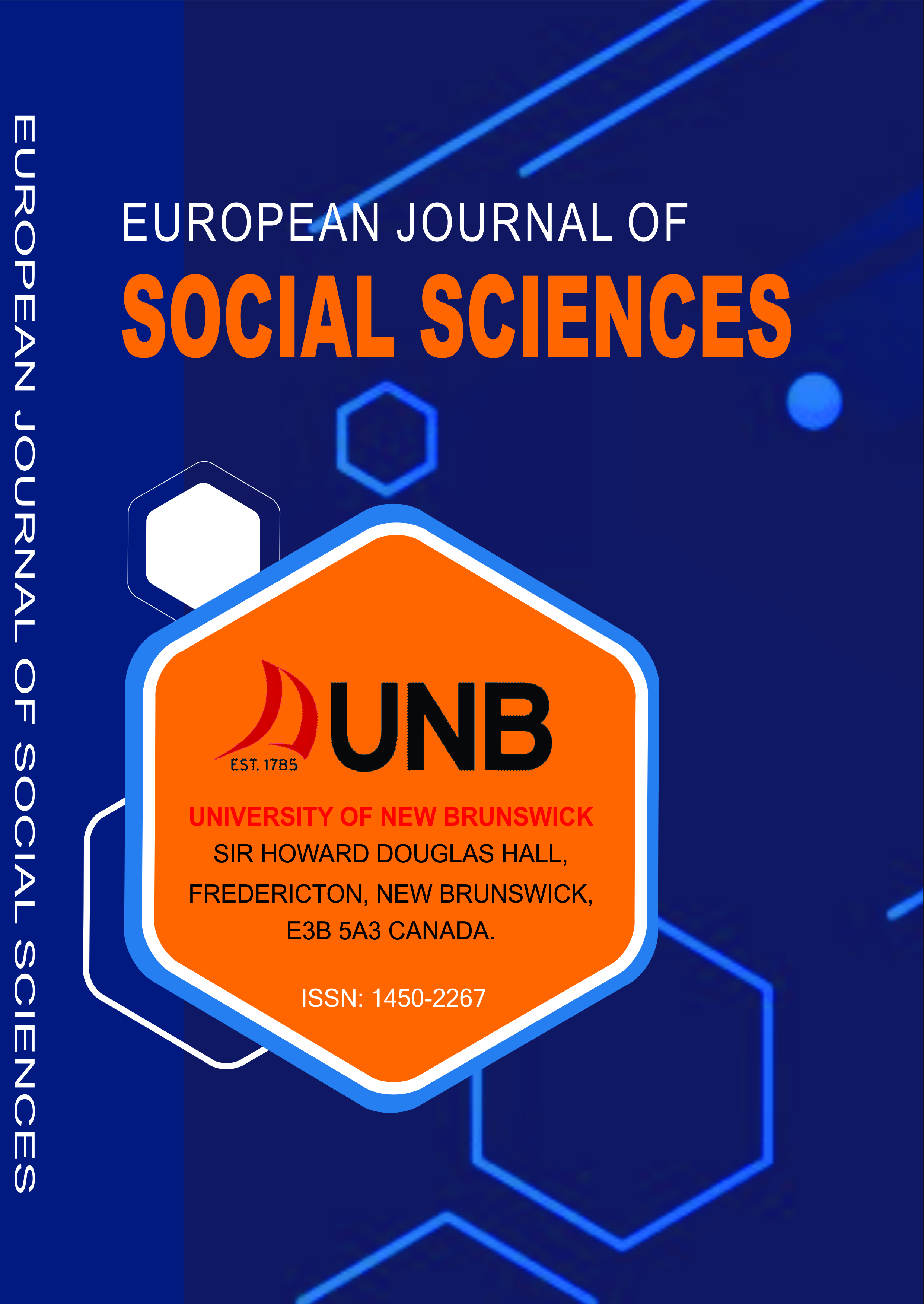EUROPEAN JOURNAL OF SOCIAL SCIENCES (EJSS)
Industrialization and Livelihood in Rivers State
E-ISSN: 4899-5667
P-ISSN: 1450-2267
DOI: https://iigdpublishers.com/journals/168
The study examines the effect of industrialization on livelihood of people in Rivers State. The study used four objectives and research questions. Schumpeter's innovation theory was adopted as theoretical framework. The study adopted descriptive survey design. The sample size of 400 was generated through Taro Yamene formula. The study distributed four hundred (400) questionnaires to three (3) local government areas from three (3) senatorial districts of Rivers State, while three hundred and fifty-eight (358) questionnaires were retrieved and used for our analysis. Primary and secondary data was adopted as source of data. However, the study retrieved 358 questionnaires, which was used as the mode for statistical analysis. The study findings revealed that manufacturing, mining, agriculture, entertainment, financial service, communication and transportation are the areas of industrialization in Rivers State. It was also discovered that industrialization has failed to improve the livelihood of Rivers people by enhancing self-reliance and reducing unemployment; reducing poverty; improving the living standard of people; increasing individual wealth; enhancing skill manpower; and creating enabling environment for individual petty-business owners. However government policies, insecurity, lack of finance/capital, multiple government taxations; lack of infrastructure and incessant power outages; and lack of enabling environment are the impediments affecting industrialization towards improving livelihood in Rivers State The study recommends that the federal and state government should reduce the multiple taxations levied on industries in Rivers State. Adequate reduction of multiple taxations will enable the industries to operate effectively, thereby improving the livelihood of the people in the state. Rivers State Government should provide electricity and infrastructural development to rural and urban areas so that goods produced can move from production points to the markets in the state.
Nwayilobu Anthony Chukwudi PhD
Adefolaju, T. (2019). Globalization and industrial development; The Nigerian perspective. East Asian Journal of Business Economics (EAJBE), 5(1), 1-9.
Adepoju, A., O., & Obayelu, O. A. (2013). Livelihood diversification and welfare of rural households in Ondo State, Nigeria. Journal of Development and Agricultural, 5(12), 482-489.
Aderinoye-Abdulwahab, S. A., Nwachukwu, S. C., Salawu, O. L,, & Popoola, P. O. (2015). Assessment of livelihood activities of rural farmers in Kwara State, Nigeria. Ethiopian Journal of Environmental Studies and Management, 8(2), 120-129.
Agbola, P., & Fayiga, A. O. (2018). Effects of climate change on agricultural production and rural livelihood in Nigeria. Journal of Agricultural Research and Development, 75(1), 71-82.
Ajayi, D. D. (2011). Nigeria's industrial development: issues and challenges in the new millennium. WIT Transactions on Ecology and the Environment, 150, 711-723.
